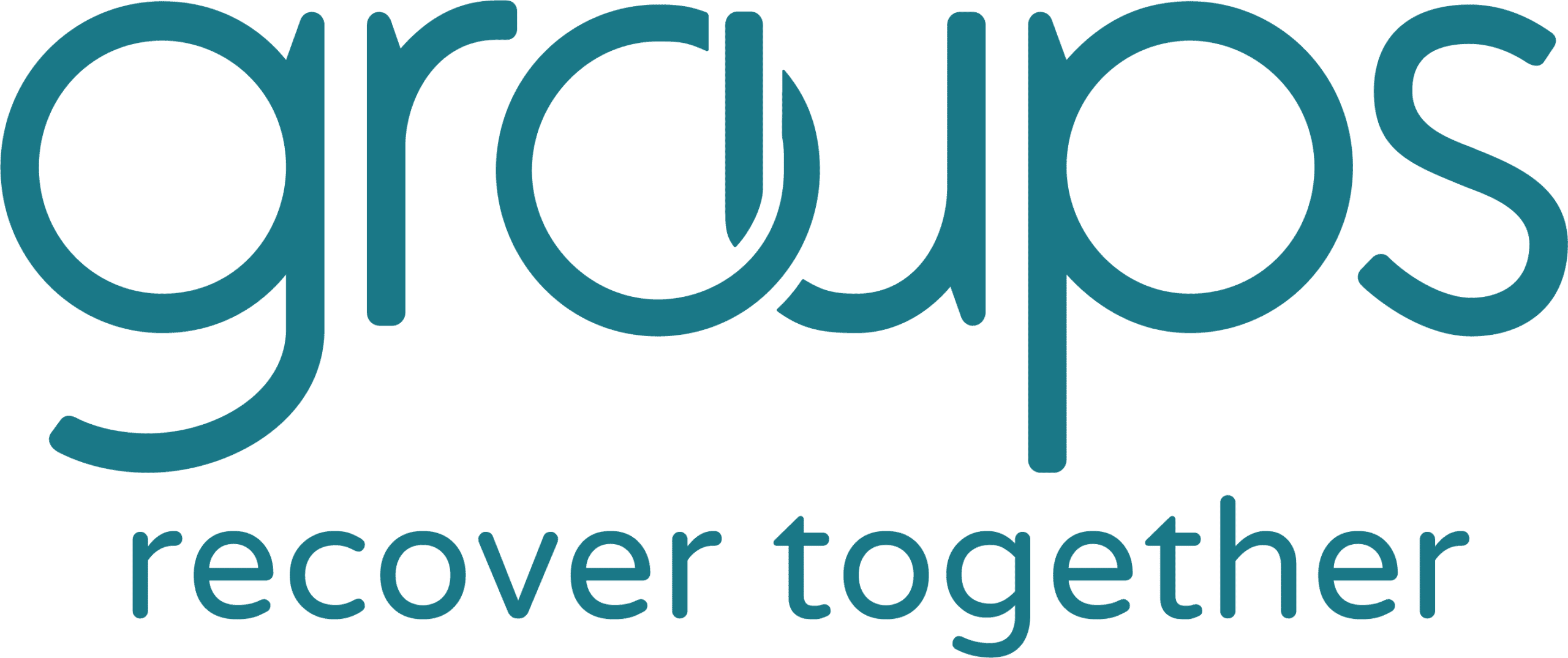Addiction of any kind means that your dependence on a behavior has impacted your quality of life. It can affect everything from your daily productivity to your relationships. When you decide that you’re ready to seek treatment for an addiction like opioid use disorder, it’s possible that an online addiction program with a 12-step program can help.
Twelve-step programs are a structured treatment used to help people in Narcotics Anonymous (NA). They can be more effective for some people than others. The specific structure is meant to help people through their recovery journey, but it’s also possible that a more comprehensive path for online treatment is a better option.
Read on to learn about the basics of 12-step programs as well as common criticisms. We’ll also discuss why the approach at Groups may be the way to go.
What to know about 12-step programs
The 12-step program is a structure that was created for Alcoholics Anonymous in the 1930s. It’s now used for multiple addiction treatment communities, including NA. It can be used both in person and online to help members reach and maintain recovery.
The 12 steps that are meant to encourage personal growth and work toward a life you want to live.
Here’s a brief overview of the 12 steps:
- Admitting powerlessness at the hands of the addiction that can’t be managed
- Belief that there’s a higher power to provide hope and restore sanity
- Handing one’s life over to that higher power as you understand it
- Looking inward at one’s morals with personal inventory
- Admitting to the higher power, yourself and one other person about wrongdoings
- Being open to removing character defects the help of a higher power
- Asking the higher power to remove shortcomings
- Making a list of those that one has hurt through addiction and who to make amends with
- Making amends, when possible, but not with those who would be further hurt
- Maintaining progress by taking personal inventory during hard times and admitting when wrong
- Using prayer and meditation to ask the higher power for knowledge of their will and power to carry it out
- Using one’s spiritual awakening to help others and continue practicing the principles
The specific order and descriptions of each step may vary depending on the source, yet the goals remain the same.
Why 12-step programs aren’t for everyone
A 12-step program for addiction can be helpful for many people. Research for Narcotics Anonymous showed that 46% of study participants hadn’t used again since starting the program.
The 12-step program has been around for more than 75 years. That allows for plenty of time for criticism and skepticism to arise. By learning about a few of the reasons why the structure may not be for everyone, you’ll see if it’s worth considering for your own journey.
- A noncomprehensive approach
NA is a support group that involves regular meetings. A person can share troubles, progress and insight with others who can relate to them. The peer support and regular check-ins are often what give people the motivation they need to keep going. These are helpful tools for recovery. But a more comprehensive program involves counseling, medication, and life-goal assistance to approach the addiction from every angle.
- Spiritual aspect
Religion can play a positive role in many people’s addiction treatment. However, the 12-step program was based on spiritual principles. Many of the steps originally included God. Mentions of God have now been replaced with “higher power” to be more accessible for different religions and belief systems. A person doesn’t have to be religious to follow the program. Even so, not everyone is comfortable with spiritual-based approaches.
- Medication skepticism
Medication is a pillar of treatment for many people recovering from addiction, such as opioid use disorder. It can help to reduce withdrawal symptoms and cravings. The 12-step program tends to focus on abstinence, with medication not often encouraged. That has started to change a bit — the view on medication in the 12-step program has started to shift in a positive way — however, it’s still not a core part of the program.
Groups can offer a more comprehensive and supportive path to recovery than a 12-step program for online addiction
There are pros and cons to everything. That’s true even for something as life changing as an addiction treatment like a 12-step program. If you want a more comprehensive approach to your recovery journey, Groups may have the answer you’re looking for.
Groups treatment can help people with opioid use disorder through a combination of the following:
- Suboxone medication to reduce withdrawal symptoms and opioid cravings
- Support group sessions, led by licensed counselors, to work through challenges and improve your mental health
- Custom life-goal assistance to help you create a long-term vision for the life you want
We do sometimes refer members to 12-step programs. It can help when they’re looking for additional peer support to complement their Groups treatment or to address other issues, like stimulant use or alcohol.
We offer hybrid in-person or virtual treatment to help you through addiction in the way that works best for you.
Give our Recovery Support Specialists a call today for more information or to begin your recovery. We provide treatment across the country — and we’re always expanding. See if we offer care in your state, either online or at one of our 130+ local offices. If Groups does not offer treatment in your area, you can locate other treatment options here.




